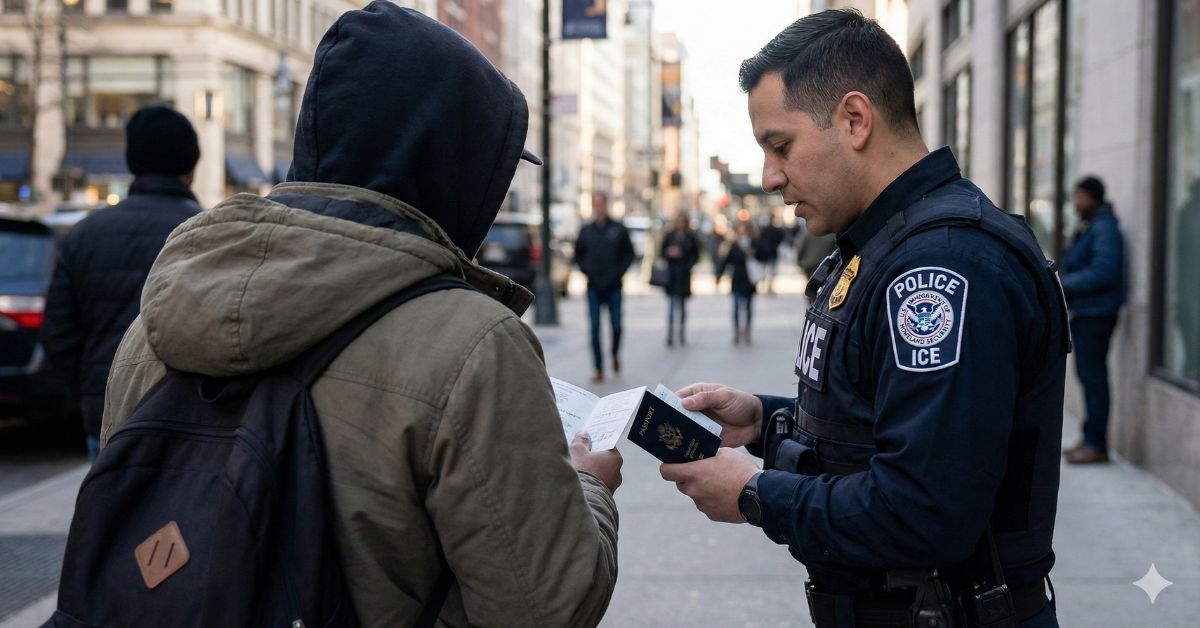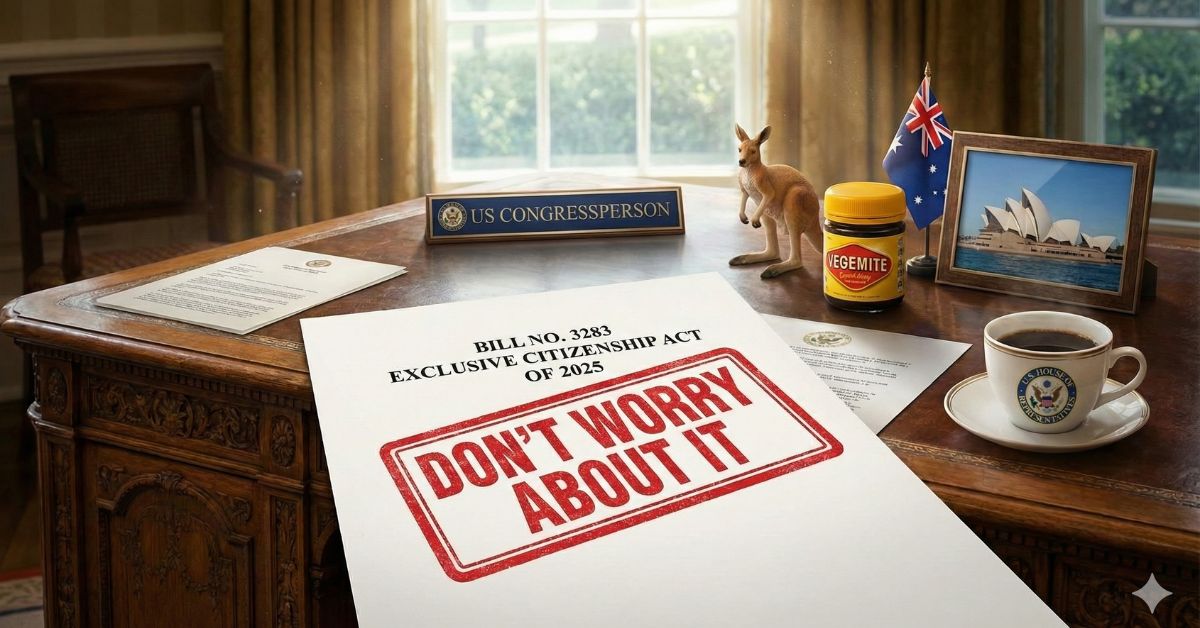At the time of writing of this, we have seen President Trump tweet an update to suggest that there will be changes to legal immigration coming, and there are reports that these could be enacted in the next few days. I will update this page to keep all relevant information in one place.
Last updated: Tuesday, June 23 @ 8:35amET
On Monday, June 22 President Trump amended Proclamation 10014 by executive order and modified it to include mention of nonimmigrant visas. This action has suspended and limited entry into the United States for a wide range of people, and I’ve worked through this information to summarize it here.
What do we know?
We have now seen a published version of the executive order which lays out the following directions:
The proclamation becomes effective on Thursday, April 23, 2020 at 11:59pmET (the “effective date”) and suspends the entry of any individual seeking to enter the U.S. as an immigrant who (is all of these things, except for the list below):
- Is outside the United States on the effective date of the proclamation; and
- Does not have a valid immigrant visa on the effective date; and
- Does not have a valid official travel document (such as a transportation letter, boarding foil, or advance parole document) on the effective date, or issued on any date thereafter that permits travel to the United States to seek entry or admission.
There are however some categories who are exempt from the above:
- Lawful permanent residents (LPRs)
- Individuals and their spouses or children seeking to enter the US on an immigrant visa as a physician, nurse, or other healthcare professional to perform work essential to combatting, recovering from, or otherwise alleviating the effects of the COVID-19 outbreak (as determined by the Secretaries of State and Department of Homeland Security (DHS), or their respective designees)
- Individuals applying for a visa to enter the U.S. pursuant to the EB-5 immigrant investor visa program
- Spouses of U.S. citizens
- Children of U.S. citizens under the age of 21 and prospective adoptees seeking to enter on an IR-4 or IH-4 visa
- Individuals who would further important U.S. law enforcement objectives (as determined by the Secretaries of DHS and State based on the recommendation of the Attorney General (AG), or their respective designees)
- Members of the U.S. Armed Forces and their spouses and children
- Individuals and their spouses or children eligible for Special Immigrant Visas as an Afghan or Iraqi translator/interpreter or U.S. Government Employees (SI or SQ classification)
- Individuals whose entry would be in the national interest (as determined by the Secretaries of State and DHS, or their respective designees)
So what does this all mean? Who is affected?
Well immigration attorney, Zjantelle Cammisa Markel, from firm, Cammisa Markel, clarifies this:
The primary groups affected by this Executive Order are those who were expecting a green card interview/consular processing of their green card outside the US within the next 60 days*. This includes green card interview for the following:
– Diversity visa/green card lottery interviews outside the US
– Employment-based green card interviews outside the US
– Marriage-based green card interviews outside the Us for spouses and children of Green card holders
For more clarity on this be sure to keep reading here.
Prior to the release of the written text:
The tweet from President Trump on Monday evening was as follows:
“In light of the attack from the Invisible Enemy, as well as the need to protect the jobs of our GREAT American Citizens, I will be signing an Executive Order to temporarily suspend immigration into the United States!”
April 21 2pm: The New York Times is now reporting that the focus will be on Green Cards and not so much visas:
“But Mr. Trump, who declared his intention to “suspend immigration” in a late-night tweet on Monday, has backed off plans to also halt guest worker programs that bring farm laborers, high-tech employees and others to America using special visas.
“Business groups had exploded in anger Tuesday at the threat of losing their access to foreign labor.
“Instead, the executive order, which Mr. Trump is expected to announce during Tuesday’s coronavirus task force briefing, will focus on preventing foreigners from obtaining permission to live and work in the United States.”
In another update on April 21 (6:30pm):
President Trump said on Tuesday that he would order a temporary halt in issuing green cards to prevent people from immigrating to the United States, but he backed away from plans to suspend guest worker programs after business groups exploded in anger at the threat of losing access to foreign labor.
Are E3 (nonimmigrant) visa-holders affected by this immigration suspension?
Importantly, no, non-immigrant visa holders (e.g. E3 visa holders) are not affected by this proclamation whatsoever.
However.
The proclamation does include language that says within 30 days of the effective date, there will be a review of nonimmigrant programs and a recommendation will be made:
Within 30 days of the effective date of this proclamation, the Secretary of Labor and the Secretary of Homeland Security, in consultation with the Secretary of State, shall review nonimmigrant programs and shall recommend to me other measures appropriate to stimulate the United States economy and ensure the prioritization, hiring, and employment of United States workers.
This could affect E3 visa holders, O1 visa holders, and many other categories of nonimmigrant visas.
At this stage though, we know nothing and we will continue to update this page as we know more
How long will the Immigration Suspension be in place?
The proclamation expires 60 days from its effective date and may be continued as necessary.
We will find out in the first 50 days if there will be an extension:
This proclamation shall expire 60 days from its effective date and may be continued as necessary. Whenever appropriate, but no later than 50 days from the effective date of this proclamation, the Secretary of Homeland Security shall, in consultation with the Secretary of State and the Secretary of Labor, recommend whether I should continue or modify this proclamation.
Prior to the release of the written text:
President Trump addressed the nation at a press conference at 5:30 pm on April 21, 2020, and stated that there would be a suspension on issuing new green cards for 60 days.
Mr. Trump said that his order would initially be in effect for 60 days, but that he might later extend it “based on economic conditions at the time.”
While initially, it looked to be more broad sweeping (and potentially include those on working visas for example), we have seen this dialed back considerably and at this stage do not expect any impact on temporary workers.
When would the Immigration Suspension start and be enacted?
Known as the “effective date”:
This proclamation is effective at 11:59 p.m. eastern daylight time on April 23, 2020.
Does this immigration suspension affect refugees and asylum?
No, it explicitly does not:
(c) Nothing in this proclamation shall be construed to limit the ability of an individual to seek asylum, refugee status, withholding of removal, or protection under the Convention Against Torture and Other Cruel, Inhuman or Degrading Treatment or Punishment, consistent with the laws of the United States.
Can a President's Executive Orders enact such an Immigration Suspension?
This one is raised because while a President (“Executive”) does have an incredible amount of power over the nation, there are two other Branches of Government that are equally as important (if not more).
A really quick lesson:
The Executive Branch consists of the President, his or her advisors, and various departments and agencies. This branch is responsible for enforcing the laws of the land.
The Legislative Branch is “Congress”, made up of the Senate and the House. Among other powers, the legislative branch makes all laws, declares war, regulates interstate and foreign commerce and controls taxing and spending policies.
The Judicial branch consists of the U.S. Supreme Court and the Federal Judicial Center. This Branch defines how the laws of the Legislative are interpreted, and is a balance on the other two branches.
So how is this relevant?
All three of these work together and in some cases, they over-step what they are allowed to do according to the Constitution and according to U.S. Law. For that reason, in this situation, we are waiting to hear exactly under which authority the President is suggesting that he can stop immigration, becuase this would appear on the surface as a Legislative issue, that he doesn't have the authority to do.
In short: It's complicated, but we will know more soon.
Good other resources
There is a rolling news resource at the New York Times which is always worth watching.


















